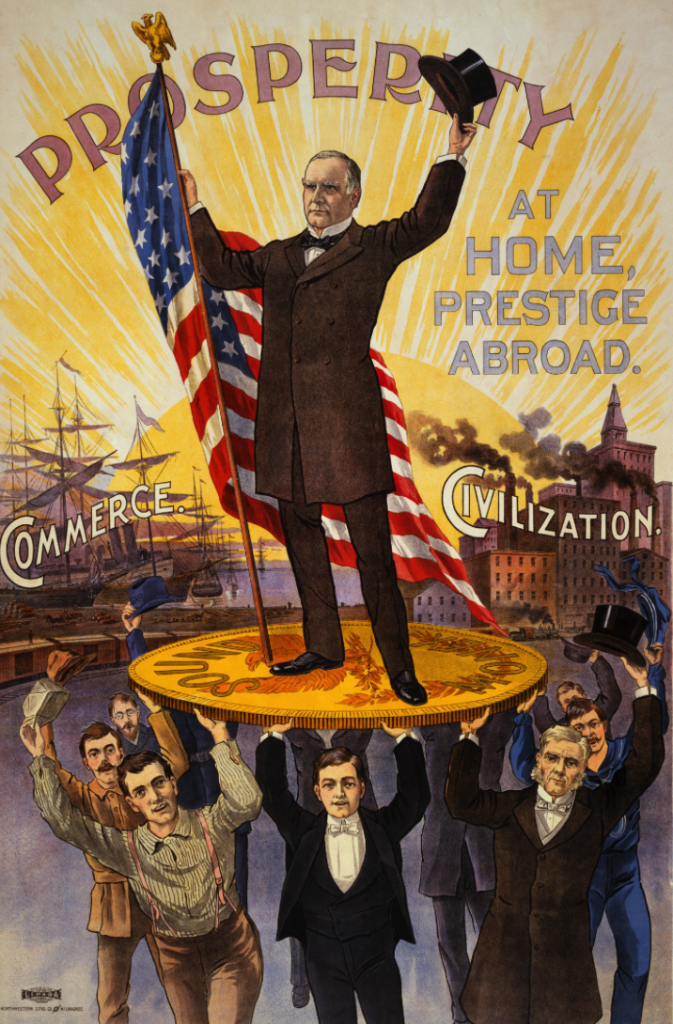Editor Mark O’Byrne
– “Going off gold did the opposite of what many people think” – FT Alphaville
– “Surprising” findings show benefits of Gold Standard
– Study by former Obama advisor in 1999 and speech by Bank of England economist in 2017 make case for gold
– UK economy was ‘much less prone to extremes’ under than the gold standard – research shows
– ‘Gold standard seems to have produced fewer catastrophes for Britain’ – data shows
– FT still wary of gold standard arguing ‘stability can be overrated and growth is worth having’
– Finding is not surprising and joins a wealth of evidence and research that shows gold’s importance as money, a store of value and safe haven asset
300 years ago last week on the 21st September, 1717 Sir Isaac Newton, Master of the Royal Mint of Great Britain, accidentally invented the gold standard.
Last month it was the 46th anniversary of President Nixon ending the gold standard. Since then the world has existed on a system of fiat paper and digital currency. It works so badly that it has lead to the global financial crisis, unending debt issues and a dramatic devaluation in sovereign currencies.
Despite this, much of the media and central banking system remain supporters of the current financial and monetary status quo.
They are so convinced that the time before fiat money was a disaster that anyone who suggests otherwise is labelled a gold-bug and told to move along.
Last week, there was a glimmer of light when the Financial Times’ Matthew C. Klein uncovered some 18-year old research into the gold standard and a recent speech by a Bank of England economist.
Mr Klein although a young man has quite an impressive journalistic c.v. He writes for FT Alphaville and Bloomberg View about the economy and financial markets.
Click here to read full story on GoldCore.com.
Important Guides
For your perusal, below are our most popular guides in 2017:
Essential Guide To Storing Gold In Switzerland
Essential Guide To Storing Gold In Singapore
Essential Guide to Tax Free Gold Sovereigns (UK)
Please share our research with family, friends and colleagues who you think would benefit from being informed by it.
